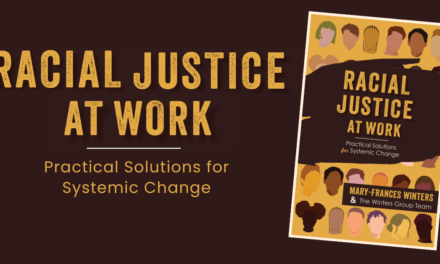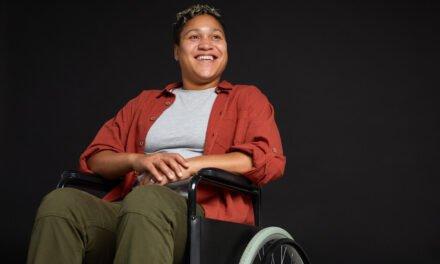 As women we have indeed come a long way. I was reminded of how far we have come as we mourned the death of Sally Ride this week, the first American woman astronaut who traveled into space. It was not until 1983 that NASA allowed women into the space program. Ride became a beacon of hope for young women who aspire to scientific disciplines. One young girl who appeared to be about 10 years old was interviewed as part of the reporting of Ride’s death. She said, “[Sally Ride] showed us that girls can do stuff too.” And in the last 30 years, women have proven that we can indeed do all kinds of “stuff”… from heads of state to heads of households to heads of major corporations, women have made a profound difference in the way we live, think and work.
As women we have indeed come a long way. I was reminded of how far we have come as we mourned the death of Sally Ride this week, the first American woman astronaut who traveled into space. It was not until 1983 that NASA allowed women into the space program. Ride became a beacon of hope for young women who aspire to scientific disciplines. One young girl who appeared to be about 10 years old was interviewed as part of the reporting of Ride’s death. She said, “[Sally Ride] showed us that girls can do stuff too.” And in the last 30 years, women have proven that we can indeed do all kinds of “stuff”… from heads of state to heads of households to heads of major corporations, women have made a profound difference in the way we live, think and work.
So that is the good news. On the flip side it is pretty obvious that we have a long way to go. Even though women make up half the world’s population and about half of the workforce here in the US, we still are scarce in the board rooms and C-suites of major organizations. We still hear about egregious instances of sexual harassment against women and blatant acts of workplace discrimination.
The issue of child bearing and child rearing is a prime example of the fact that attitudes are changing slowly. I was conducting a training session with a client last year and a leader had an epiphany during a discussion of unconscious bias. He admitted that he did not give his younger women employees opportunities for assignments outside of the US if they were pregnant; he was inclined to wait until after the baby was born to offer any developmental assignments. His intentions were good. He was being “protective”, not wanting to overtax his women employees during this important family period. His “aha moment” sounded like this… “This is probably not right. I guess you are teaching us that I should not be making these decisions for my women employees.” Bingo! You got it! I have to reiterate that his intentions were pure. He thought he was doing the right thing. There were probably deep-seated values that he was not even consciously aware of that he learned growing up about how you treat pregnant women.
This story is consistent with what I routinely hear in focus group sessions with women. They say that they are afraid to let their manager know when they become pregnant for fear of unequal treatment.
My significant other’s son and daughter-in-law gave birth to a beautiful baby girl, 4 months ago. When she was six months pregnant she learned she was a finalist for her dream job. She came to me (the diversity expert…LOL) to ask how and when she should reveal her pregnancy to her prospective employer. I said, just be honest. It all worked out. She got the job and her pregnancy did not even come up during the interview. It was only discussed in the negotiation of the offer. Her new employer gave her the opportunity to start the job after her maternity leave which was exactly what she wanted to do. However the fact that she even had to think about it and be concerned that it would factor into her chances of getting the job, is just another example of our slow progress on this issue.
The issue that prompted me to write this piece is that of the new Yahoo CEO, Marissa Mayer. The good news is that we have another woman at the helm of a major corporation. She is under 40 and pregnant! Wow! We have come a long way! However, not without some controversy, enough to make major headlines last week. The debate is whether she can be a good CEO and a good mother. I would ask, can you be a good CEO and a good father?
I am glad that we live in a country where women have choices. I guess we are just not at the place yet where we can leave women be to make choices about reproductive and child rearing issues.
The Inclusion Solution: Accept that women have choices and learn to support them rather than judge them and penalize them for making the ones that work best for them.
Weigh in on the issue. What are your thoughts?


















